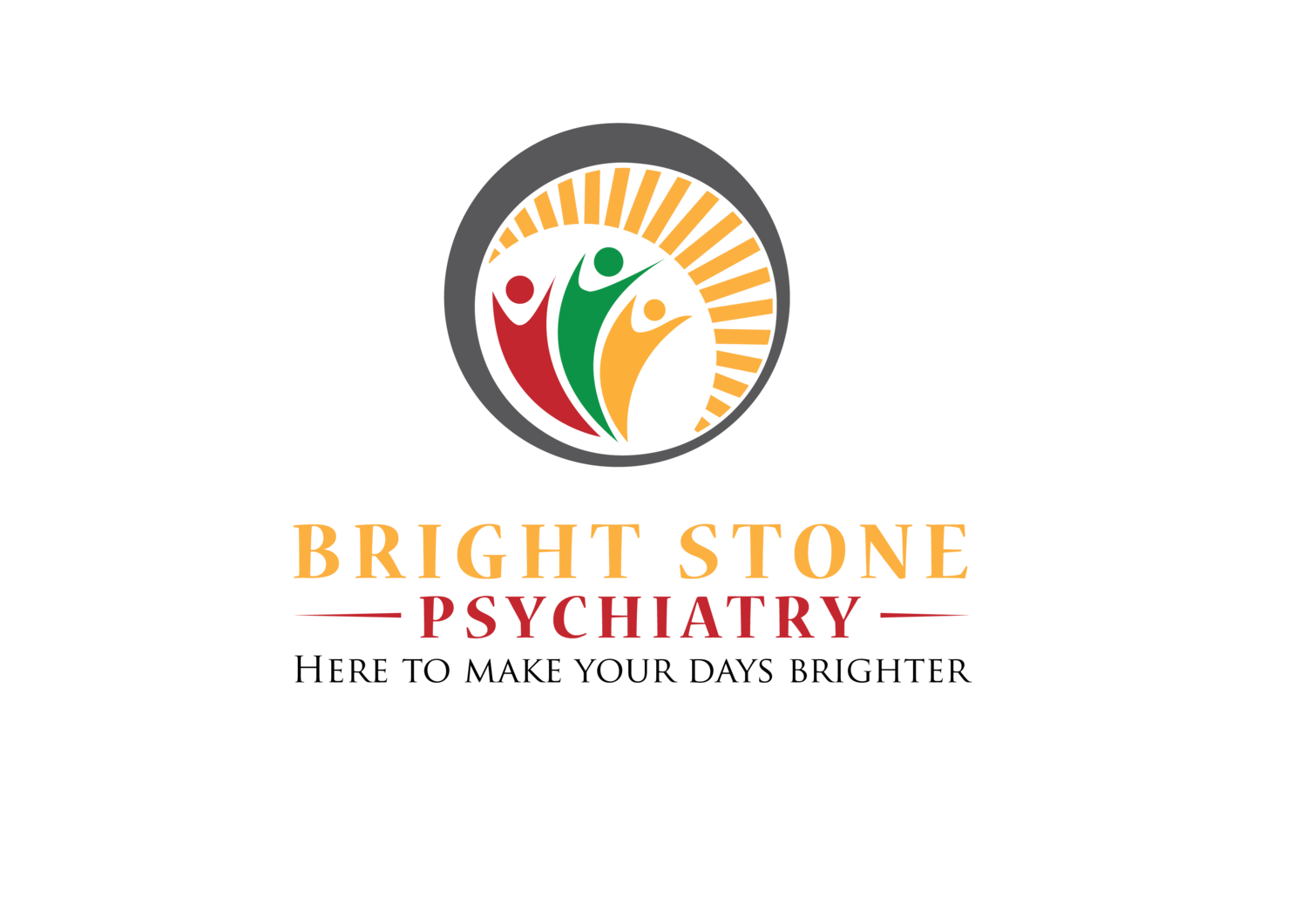Understanding ADHD in Adults: Symptoms & Treatment Options
Understanding ADHD In Adults
Many people think of Attention-Deficit/Hyperactivity Disorder (ADHD) as a childhood condition, but it frequently persists into adulthood—often undiagnosed. Adult ADHD can affect careers, relationships, and daily functioning. At Brightstone Psychiatry, we specialize in identifying and treating ADHD in adults to help them regain focus and control.
Is It ADHD? Common Symptoms in Adults
While hyperactivity may lessen with age, ADHD in adults often presents as:
1. Persistent Inattention
✔ Difficulty focusing on tasks (especially mundane ones)
✔ Frequently losing track of conversations
✔ Chronic disorganization (missed deadlines, cluttered spaces)
✔ Trouble following through on projects
2. Impulsivity
✔ Interrupting others or speaking without thinking
✔ Making impulsive decisions (spending, career changes)
✔ Difficulty waiting your turn (e.g., in conversations)
3. Emotional Dysregulation
✔ Frequent mood swings
✔ Overwhelming frustration over small setbacks
✔ Low stress tolerance
4. Hyperfocus (Yes, It’s a Thing!)
While ADHD is associated with distractibility, many adults experience hyperfocus—becoming so absorbed in an activity (often an enjoyable one) that they lose track of time and responsibilities.
Why ADHD Often Goes Undiagnosed in Adults
Many adults with ADHD were never diagnosed as children because:
They may have been labeled as "lazy" or "scatterbrained"
Their intelligence masked their struggles
They developed coping mechanisms (though often exhausting ones)
If you’ve always felt like you’re "running on a different operating system," ADHD could be the reason.
Effective Treatment Options for Adult ADHD
1. Professional Diagnosis
A thorough evaluation (including medical history and symptom tracking) is crucial—many ADHD symptoms overlap with anxiety, depression, or sleep disorders.
2. Medication
✔ Stimulants (e.g., Adderall, Ritalin) – Improve focus and impulse control
✔ Non-stimulants (e.g., Strattera) – Good alternative for those sensitive to stimulants
3. Therapy & Coaching
✔ Cognitive Behavioral Therapy (CBT) – Helps manage time, organization, and emotional regulation
✔ ADHD Coaching – Practical strategies for daily challenges
4. Lifestyle Adjustments
✔ Structured routines (planners, reminders)
✔ Regular exercise (boosts dopamine, which ADHD brains lack)
✔ Mindfulness techniques (to improve focus)
When to Seek Help
If ADHD symptoms:
✔ Disrupt your work, relationships, or self-esteem
✔ Make daily tasks feel exhausting
✔ Haven’t improved with self-help strategies
...it’s time to consult a specialist.
📞 Call us today at 832-378-8282
📧 Email: Hello@BrightStonePsychiatry.com
🌐 Visit: www.brightstonepsychiatry.com
Brightstone Psychiatry – Expert ADHD Care for Adults

